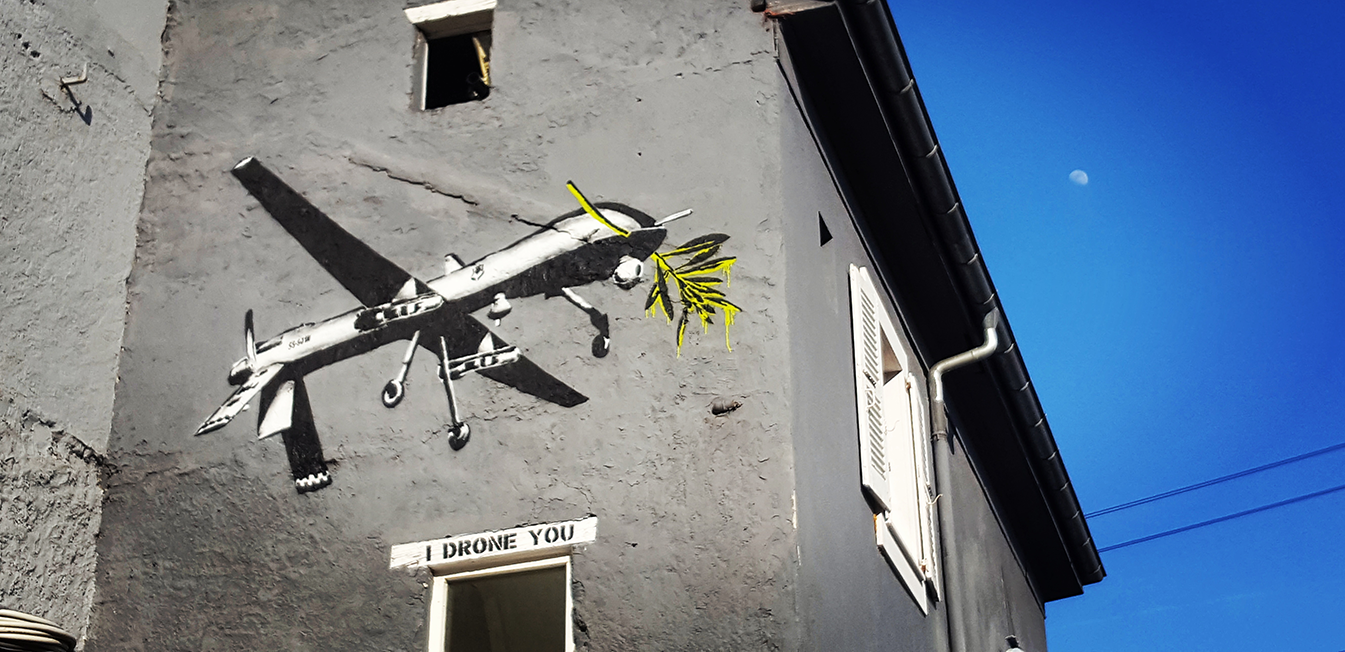Over the last decade, the demand for military drones in Africa has significantly been on the rise, driven by a growing number of internal conflicts and counter-terrorism operations. These new instruments of remote warfare provide States but also armed groups with more precise, cheap and effective means to carry out operations.
Initially driven by the United States’ so-called ‘War on Terror’, drones were at the forefront of extrajudicial killings in campaigns against Al Shabaab in Somalia, and Al Qaida in Libya, while also being operated from military bases in Djibouti for the US drone wars over Yemen. Drones have become ubiquitous throughout conflicts in Africa, and are used by both African and non-African States. Libya is often even called the world’s largest ‘drone war theatre’, with multiple countries supporting one of the warring parties militarily in the civil war through the delivery of drones. France is deploying armed drones in the Sahel region against militants in Mali, Burkina Faso and Niger, and both US and French air strikes in Africa are notorious for injuring and killing civilians, often without any transparency or accountability regarding civilian casualties.
African countries have also increasingly acquired and used (armed) drones themselves in their fights against armed groups, highlighted in PAX’s drone study ‘Remote Horizons’. Ethiopia is thought to be the heaviest drone user of the African continent, deploying Chinese, Turkish, Emirati and Iranian drones for both surveillance and striking purposes in the civil war against various armed groups in Tigray and Oromo. Nigeria is using armed Chinese drones against Boko Haram, while also developing its own domestic armed drone with support from Pakistan. At the same time, armed groups are increasingly putting effort into weaponizing small commercial drones, turning these into surveillance and combat drones, of which Boko Haram is a successful example. The risen possession, use and sophistication of drones by insurgents increasingly forms a security threat for African governments. These developments make clear that military drones have become an essential tool for armed forces in their operations, but that their use still demands clear legal norms, wider military-strategic considerations and improved export controls.
Geneva roundtable on armed drones
Against this background, PAX and the Geneva Centre for Security Policy (GCSP) organized an informal roundtable meeting on the use and proliferation of military drones in Africa for representatives from Permanent Missions to the United Nations (UN) in Geneva. A range of experts on legal aspects, export control and military ethics addressed the many issues associated with military drones. Of particular importance was the discussion around the legal frameworks of International Humanitarian Law, International Human Rights Law, and the law governing the use of force (jus ad bellum) and their application to armed drone use. Experts also highlighted the implications of drone use by both states and armed groups in Nigeria.
The meeting also addressed existing export control regimes and to what extent these are effective in regulating the proliferation of military drones. Special attention was paid to the process of the US-led Joint Declaration that started in 2016 and evolved into the development of draft international standards on the export and subsequent use of armed drones. Lastly, ethics experts and UN disarmament experts provided an exploration of the implications of emerging technological advances on military drone use as well as the wider moral concerns surrounding remote warfare. The presentations and discussions with input from African states underscored that military drone use and proliferation are gaining more political traction, both nationally and regionally. At the same time, concerns remain about how military drones could lower the threshold to use lethal force, also linked with the lack of clear legal positions on armed drone use. More broadly, there remains a need for robust transparency and accountability mechanisms in military operations, both for African States and third party States using armed drones on African soil, as highlighted by various African and international human rights groups.
An African agenda on armed drones
With the growing development, import and use of military drones in Africa, the abovementioned challenges require bold action and development of clear policies among the continent to ensure protection of civilians and to address wider regional security and stability considerations. PAX will continue to engage with States, civil society organisations and experts to strengthen policies around military drone use and welcomes support for advancing the peace and humanitarian disarmament agenda.
Read the full outcome report.
Read more on our work on Drones.




